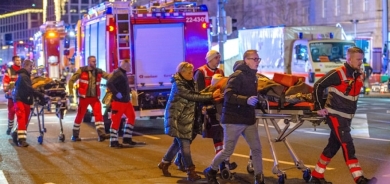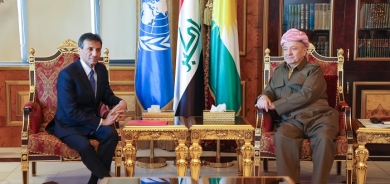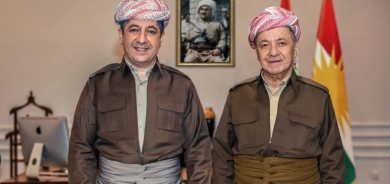Families of Protest Victims in Iran Denied Memorials on Anniversary

Iranian Families Forced to Cancel Memorials for Protest Victims Amid Government Crackdown
The families of individuals who lost their lives during last year's protests in Iran have reported being prevented from holding memorial events on the anniversaries of their loved ones' deaths. This marks another episode in the ongoing suppression of dissent by Iranian authorities.
One prominent case is that of Nasrin Shakarami, whose 16-year-old daughter, Nika, became a symbol of nationwide unrest. Ms. Shakarami was compelled to call off a planned vigil, expressing concern for the safety of participants. She took to Instagram to explain her decision, stating, "I do not want participants to get hurt."
Nika's sister, Aida, revealed that officials had issued a warning to their mother, threatening her with arrest if she visited Nika's grave. Nika had gained notoriety after setting fire to her headscarf during a protest in Tehran, where demonstrators chanted "death to the dictator" in reference to Supreme Leader Ayatollah Ali Khamenei. Tragically, Nika disappeared that evening, with her family later discovering her lifeless body in a mortuary ten days later.
The family disputes the official claim of suicide, alleging that Nika died from head injuries. This incident was just one among many casualties during the violent crackdown by security forces that followed the protests, sparked by the death of 22-year-old Mahsa Amini, who had been detained by morality police for allegedly wearing her hijab "improperly."
In a parallel attempt to stifle fresh protests, authorities also prevented Mahsa Amini's family from holding a vigil at her gravesite in the western city of Saqqez. Her father, Amjad, was reportedly detained by Revolutionary Guards and warned against marking the anniversary before being released.
In yet another case, the husband of 62-year-old Minoo Majidi, who was shot by security forces in the western city of Kermanshah, was summoned to sign a written pledge not to hold an anniversary event this week. His daughter, Mahsa Piraei, who resides in the UK, revealed that her father was informed that he could not commemorate his wife's death, neither at the cemetery nor at home.
Despite these oppressive measures, some families persisted in honoring their loved ones. In the case of Javad Heydari, who died at a protest in the northern city of Qazvin, security forces attacked his family just one day before the anniversary of his death. Videos circulating online appear to show riot police firing tear gas at the family's residence and assaulting individuals in the vicinity.
The Iranian government's continued suppression of memorial events and demonstrations underscores the challenges faced by those seeking to commemorate the lives lost during the protests and highlights the ongoing tension between the Iranian government and its citizens.
The international community continues to monitor the situation closely, with human rights organizations expressing deep concern over the Iranian government's actions and calling for respect for the right to freedom of expression and peaceful assembly.














